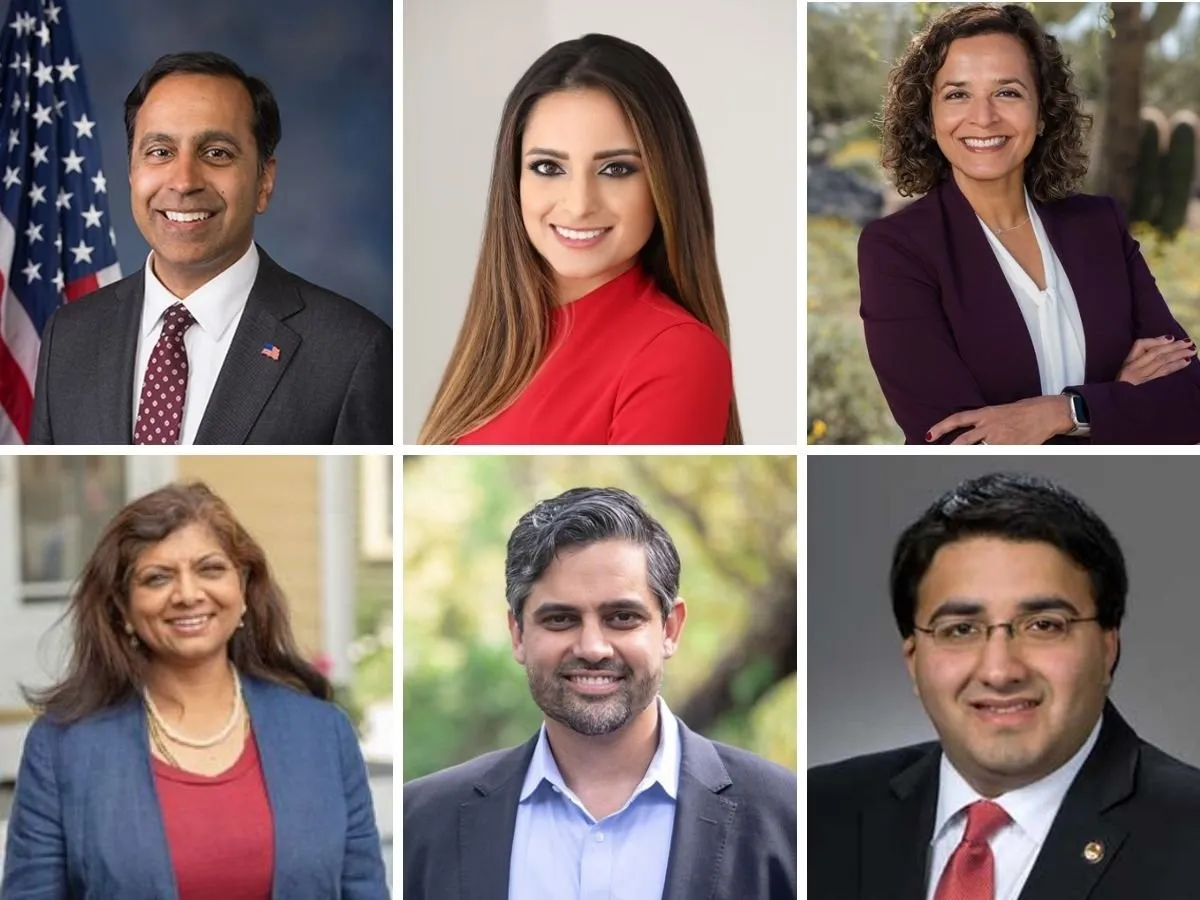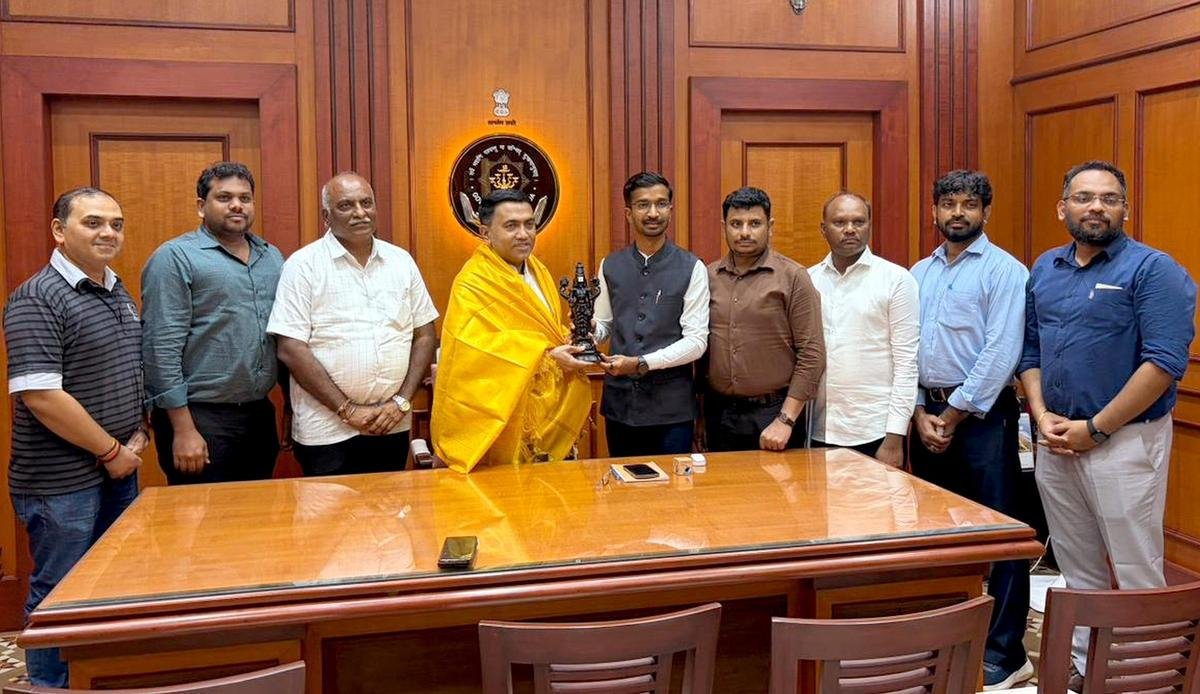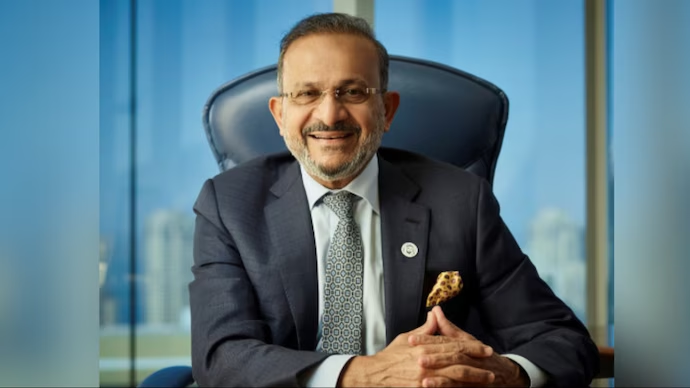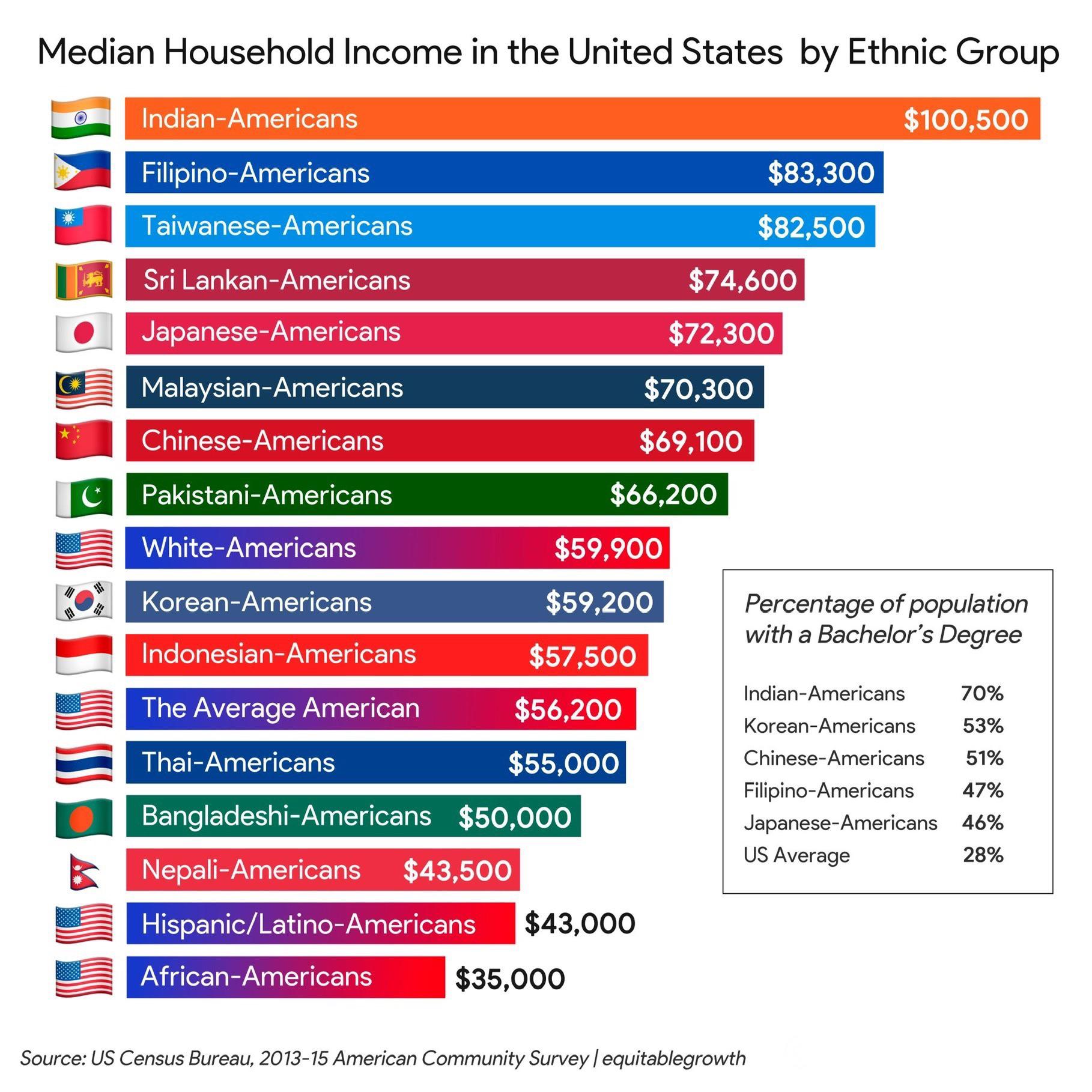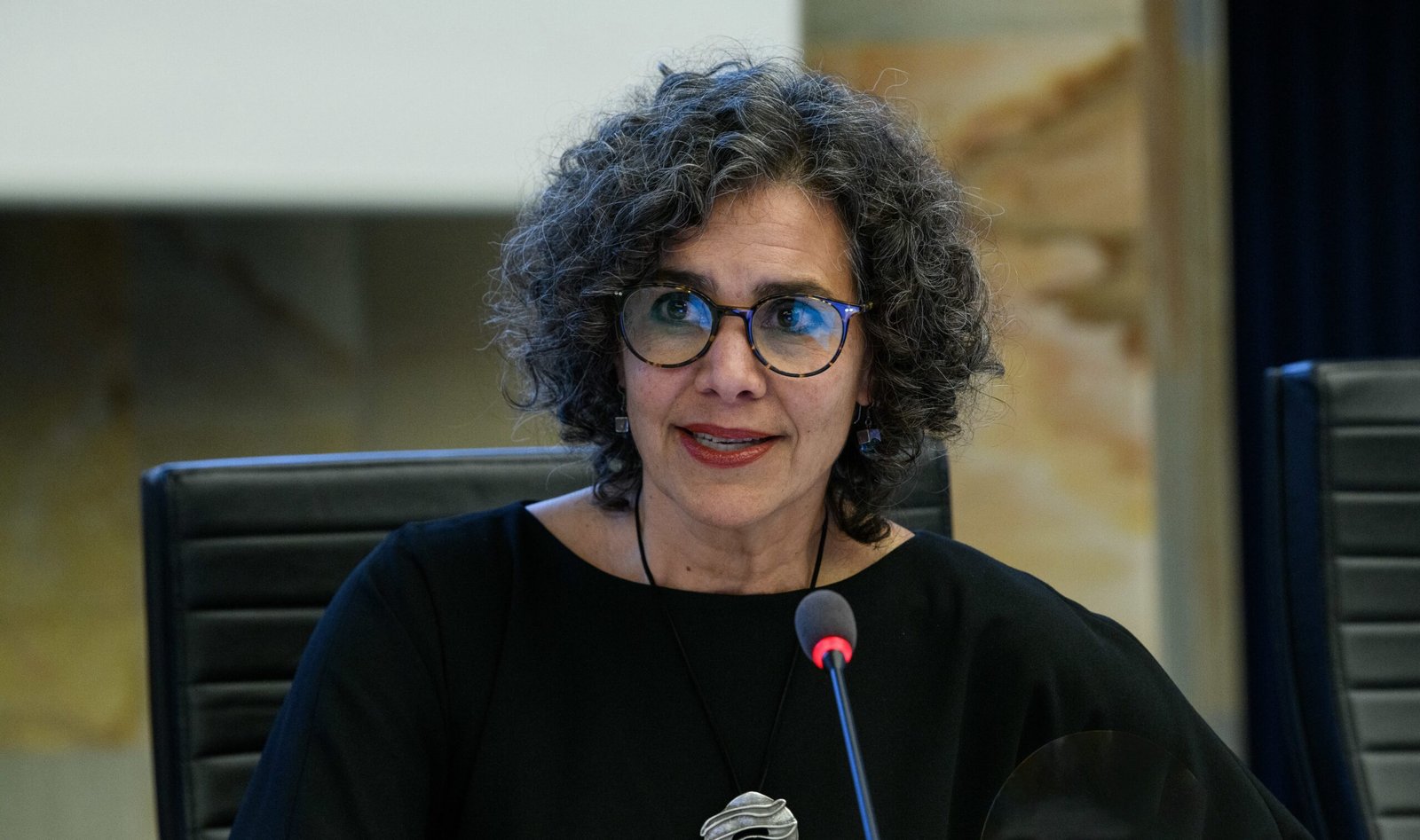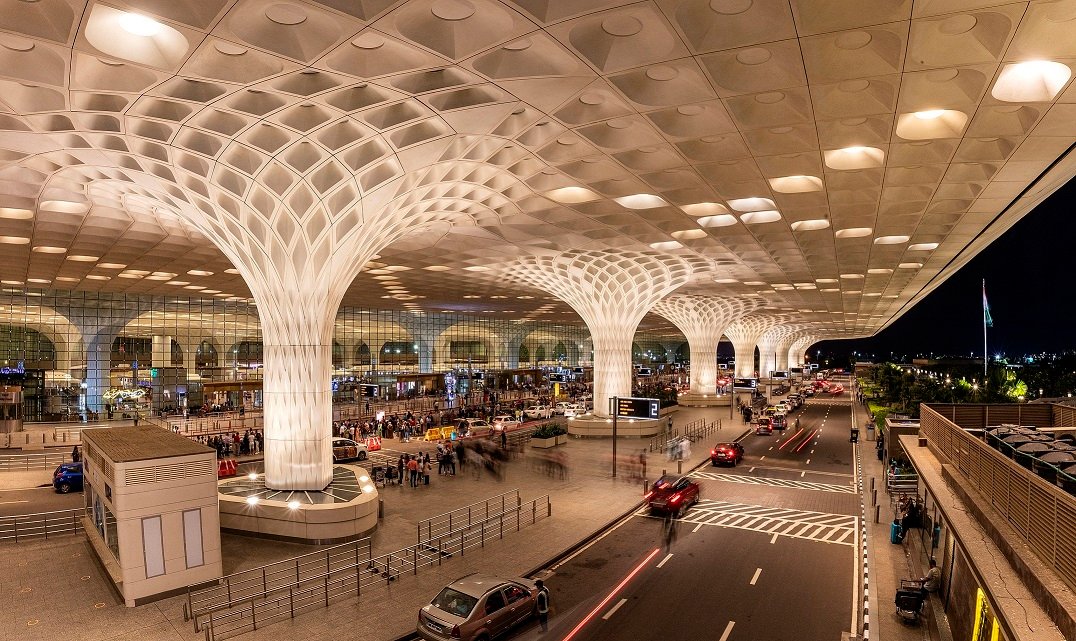The presence of Indian-Americans in various professional fields has normalized their visibility in American society, making political aspirations more attainable
Ten years ago, Ami Bera stood as the lone Indian-American in the U.S. House of Representatives. Fast forward to today, there are now five Indian-Americans in the House and one in the Senate. The current U.S. Vice-President, Kamala Harris, is of Indian descent, and JD Vance, a vice-presidential candidate, has an Indian connection through his spouse. This shift highlights the growing influence of Indian-origin politicians in American politics.
From Singular Presence to Collective Impact
In 2013, Ami Bera was the sole Indian-American in the House, with no representation in the Senate and minimal presence in state legislatures. Over the past decade, the political landscape has transformed significantly. Today, five Indian-Americans serve in the House, one in the Senate, and around 50 hold positions in state legislatures. Indian-Americans now make up 1% of both the U.S. population and Congress, marking a historic high for this community in American politics.
Factors Behind the Rise
- Generational Advancement and Advocacy
The Immigration and Nationality Act of 1965 opened doors for Indian migration to the U.S., leading to increased wealth, education, and status among Indian-Americans. This paved the way for second and third-generation Indian-Americans to enter politics. Advocacy groups like Impact and the AAPI Victory Fund have also played crucial roles in this political rise.
Former Kansas state lawmaker Raj Goyle, a co-founder of Impact, noted that societal acceptance and strategic political efforts have driven this trend. The presence of Indian-Americans in various professional fields has normalized their visibility in American society, making political aspirations more attainable.
The 2024 Republican presidential race, featuring candidates like Nikki Haley and Vivek Ramaswamy, underscores this trend
- Increasing Representation Fuels Growth
A pivotal moment occurred in 2016 when Bobby Jindal, then Governor of Louisiana, became the first Indian-American to run for the U.S. presidency. That same year, Pramila Jayapal, Ro Khanna, and Raja Krishnamoorthi were elected to the House, and Kamala Harris to the Senate. The election of these leaders has created a feedback loop of increasing visibility and representation, encouraging more Indian-Americans to seek political office.
Congressman Raj Krishnamoorthi of Illinois observed that as the Indian-American community gained economic stability, political involvement became a higher priority. This has led to the expansion of the “Samosa Caucus,” the informal group of Indian-Americans in Congress.
- Education and Democratic Roots
Indian-Americans’ high levels of education and proficiency in English lower barriers to political engagement. Coming from the world’s largest democracy, they are more inclined to participate in the democratic process compared to immigrants from autocratic countries.
The success stories of Indian-American politicians have inspired many in the community, showcasing the potential for upward mobility and political influence. This desire for representation transcends party lines, as evidenced by the presence of Indian-American politicians in both the Democratic and Republican parties. The 2024 Republican presidential race, featuring candidates like Nikki Haley and Vivek Ramaswamy, underscores this trend.
Looking Ahead
The surge in Indian-American political participation is driven by generational progress, strategic advocacy, and intrinsic qualities like education and democratic values. These factors will continue to propel new Indian-origin politicians into the American political arena, signaling that the party is just beginning for the Samosa Caucus.
**********************************************************
Readers
These are extraordinary times. All of us have to rely on high-impact, trustworthy journalism. And this is especially true of the Indian Diaspora. Members of the Indian community overseas cannot be fed with inaccurate news.
Pravasi Samwad is a venture that has no shareholders. It is the result of an impassioned initiative of a handful of Indian journalists spread around the world. We have taken a small step forward with the pledge to provide news with accuracy, free from political and commercial influence. Our aim is to keep you, our readers, informed about developments at ‘home’ and across the world that affect you.
Please help us to keep our journalism independent and free.
In these difficult times, running a news website requires finances. While every contribution, big or small, will make a difference, we request our readers to put us in touch with advertisers worldwide. It will be a great help.
For more information: pravasisamwad00@gmail.com

